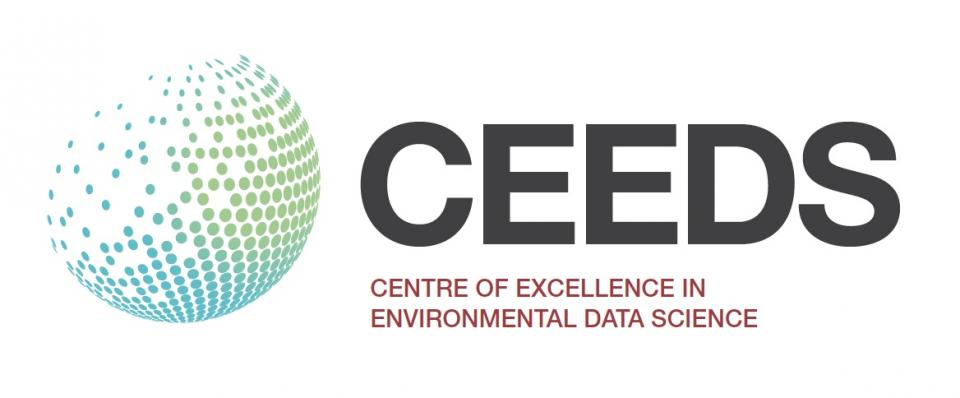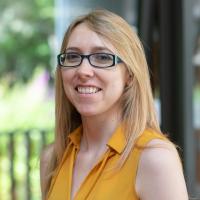
Our first seminar of 2021 tackled the topic of decision making under uncertainty - addressing trustworthiness of scientific evidence in an uncertain world. This seminar was chaired by Bran Knowles and John Watkins, who jointly lead the Decision Making Under Uncertainty theme within CEEDS. The seminar featured four speakers who covered various dimensions of uncertainty as it relates to the co-production of scientific evidence and the challenges in effectively communicating this evidence to decision makers. Second year DSNE-funded PhD student Kate Wright kicked off the session by defining various categories of uncertainty and contextualising the management of uncertainty in “post-normal science”, explaining the focus on quality over knowledge. Kate noted a key characteristic of this post-normal science being the way in which values are implicated in what makes a something a “fact”. This theme was picked up by the next speaker, Jack Cosby, Land Management and Ecosystem Services Scientist at UKCEH. Jack spoke about the communication challenges between modellers and decision makers, and how with uncertainties being contextual, communication is more effective when decision makers are involved early on in the modelling process. Jack also raised the differences in uncertainty tolerance between individuals and relative to different types of uncertainties, and argued for the value in enfolding additional disciplinary science (e.g. neuroscience and psychology) in understanding how to effectively manage uncertainty communication. The third speaker was Steven Cole of UKCEH, who works closely with flood forecasting and warning stakeholders across the UK and internationally in developing probabilistic forecasting systems, including the national systems used by the Flood Forecasting Centre and Scottish Flood Forecasting Service. He spoke about his interest in developing real-time flood impact and risk forecasting approaches at national, regional and local scales, and how uncertainties are represented in these systems. Showing some of the forecast dashboards designed for operational flood management, Steve noted the need for co-design of these system to communicate uncertainty effectively. He noted that measuring model performance is particularly challenging when measures have been taken to mitigate predicted flooding events, and that often models need to be validated against historical flooding data. Third-year PhD student Lauren Thornton ended the session by presenting key findings from her recently published paper which advocates a nuanced approach to fostering trust in and through virtual labs created to support collaborative environmental data science. Lauren is looking to gain further insights into the thoughts and opinions of the CEEDS community with respect to designing trustworthy virtual labs, and has created a short survey which will be available to complete for one month. Over 80 people attended the seminar, indicating broad interest in the topic of uncertainty. As anticipated, there were more questions than there was time to answer them, and it is clear that follow on activities are needed to fully unpack these difficult matters. CEEDS warmly welcomes ideas for next steps, in particular aiming to identify key issues in dealing with uncertainty in environmental data science and how CEEDS can support progress towards trustworthy environmental data science in the face of uncertainties. Feel free to either contact Bran Knowles and John Watkins directly, or submit ideas to the jamboard created for this session.
LINKS TO SLIDES

